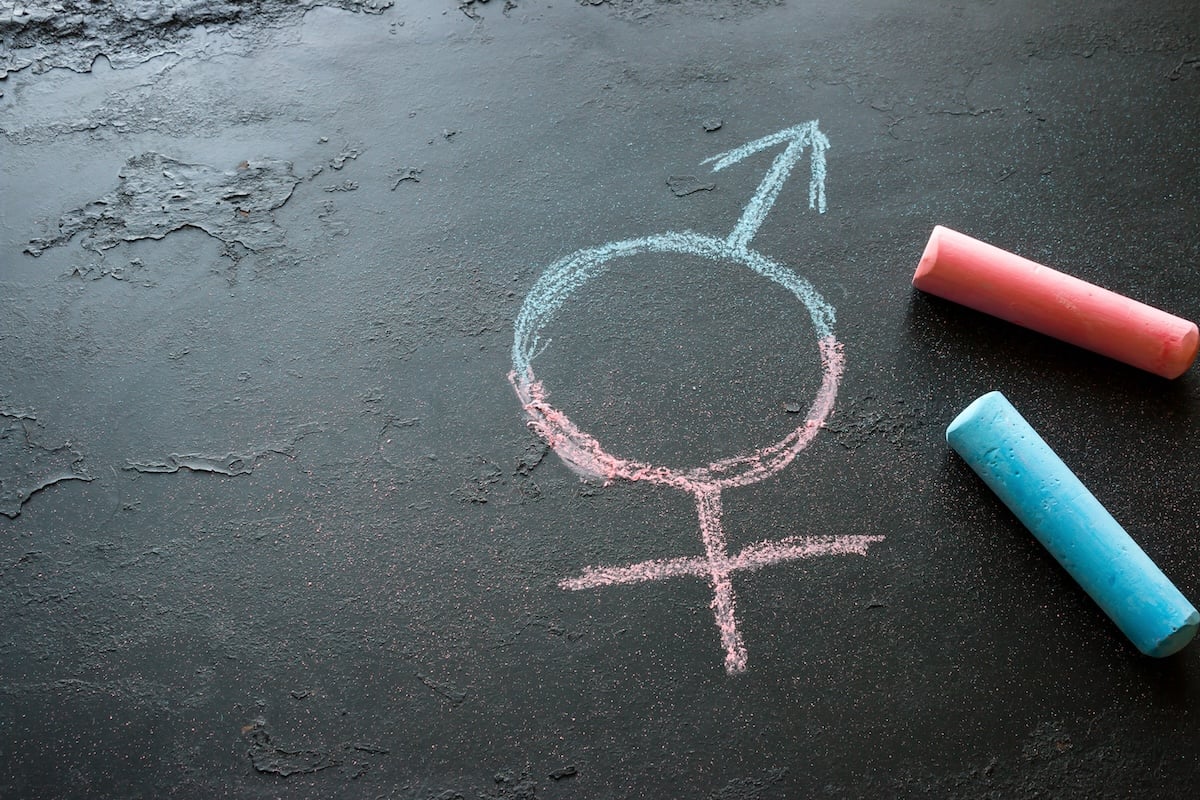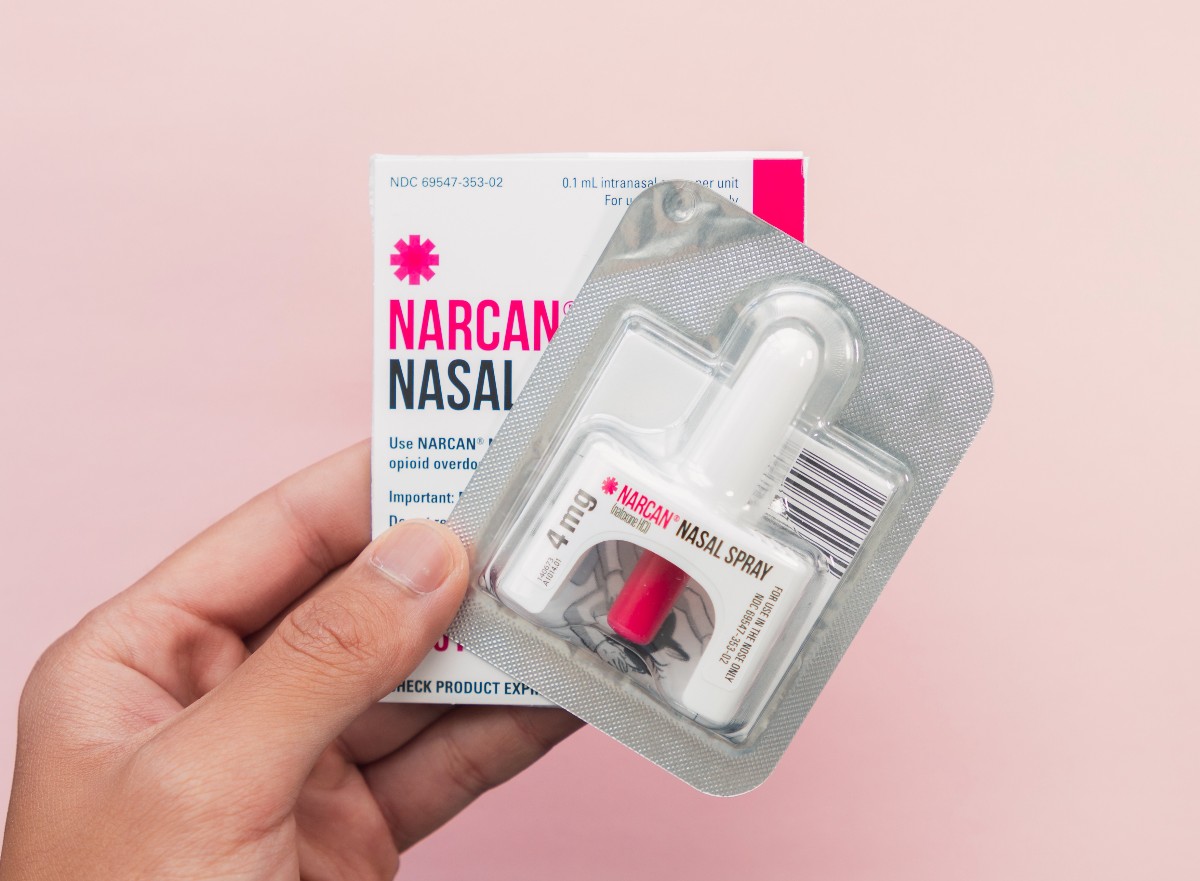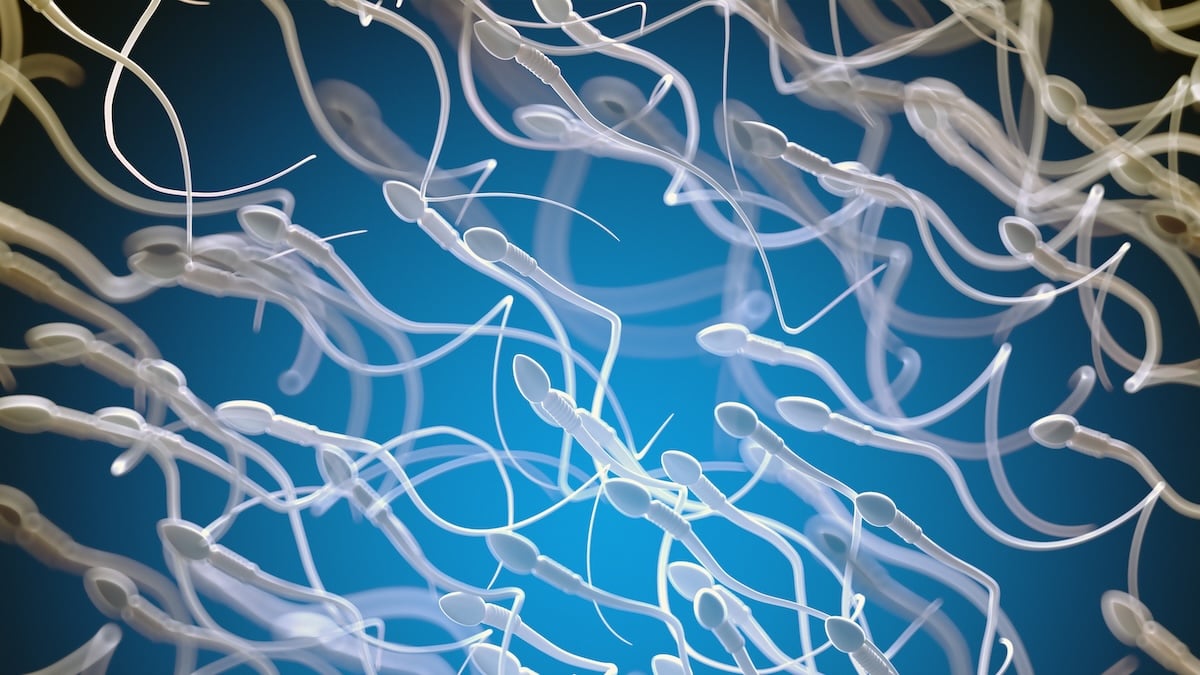
Troubled transgender students are more likely to turn to school staff than their own parents for support, a new study finds. Trans teens feeling depressed and anxious are 74% less likely to seek help from parents than from adults at school, compared to cisgender kids, researchers reported Aug. 26 in the journal JAMA Pediatrics. Transgender… read on > read on >














.jpg)



